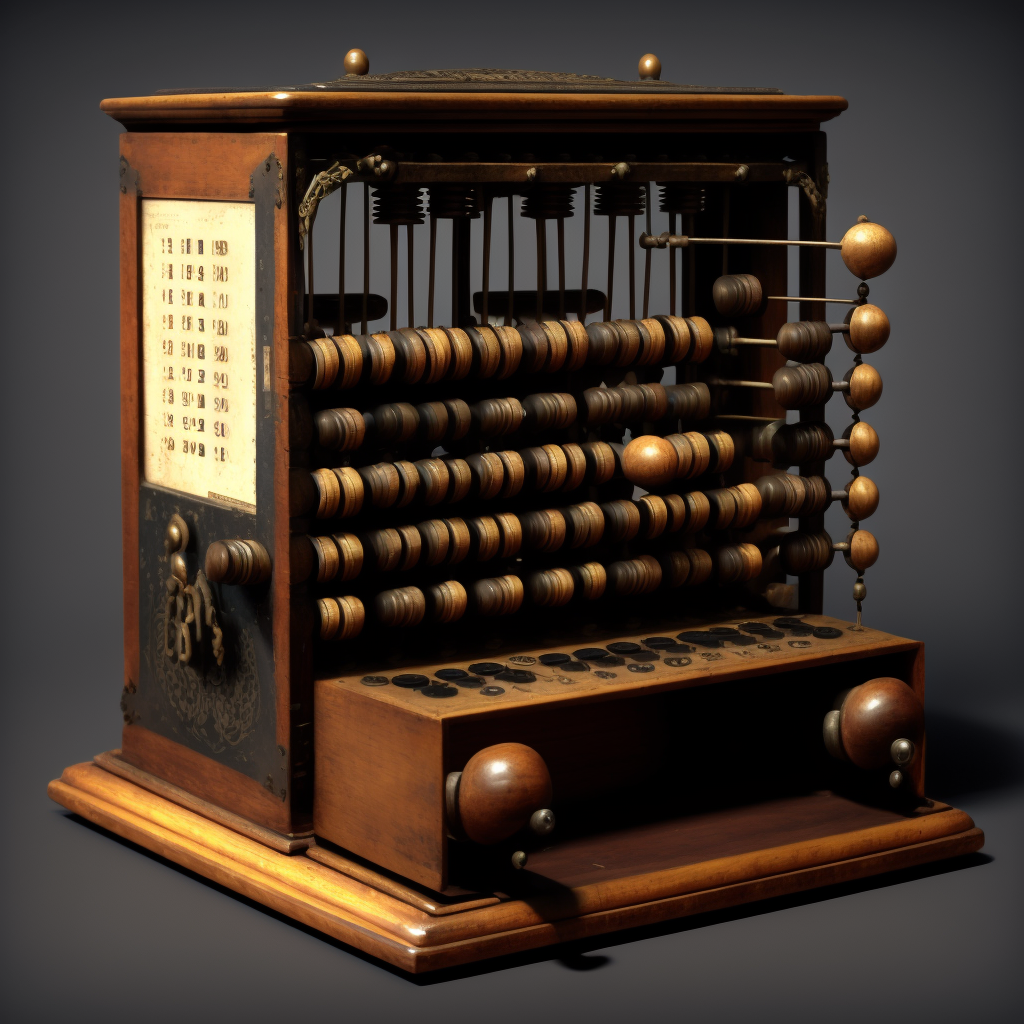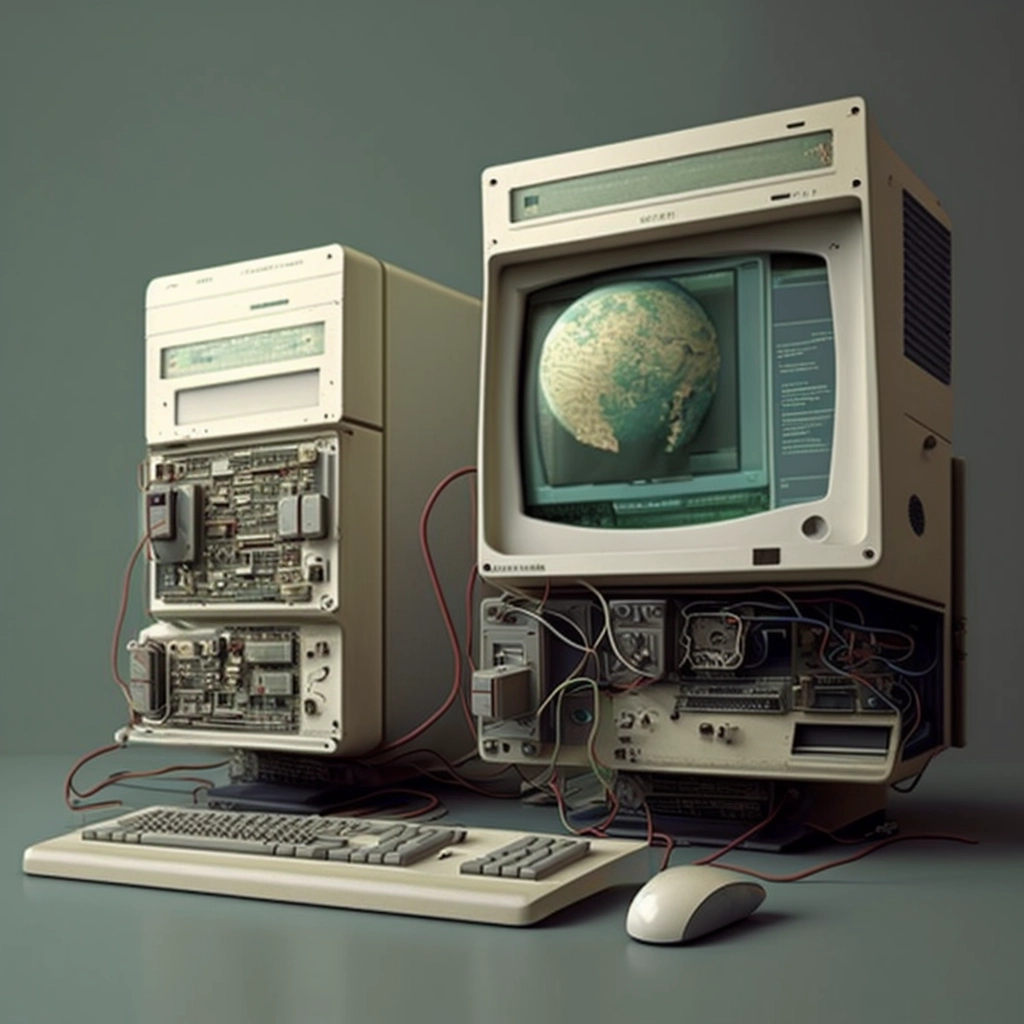The Evolution of Computers: A Journey through History
Intro: Computers have become an essential part of our lives, allowing us to perform complex tasks with ease. But have you ever wondered how computers came into existence? The history of computers dates back several decades ago when the first electronic computer was invented. Since then, computers have undergone various changes, and today we have a wide range of computers from desktops to laptops, smartphones, and tablets.
Index:
- Early Computers: The Abacus
- The First Mechanical Computers
- The First Electronic Computers
- The Invention of Transistors
- The Rise of Personal Computers
- The Internet Age
- The Modern Era of Computers
Description: This blog post takes you on a journey through the history of computers, from the abacus to modern-day computers. We will explore the evolution of computers, starting from the first mechanical computers to the modern-day devices that have revolutionized how we live and work.
Body:
- Early Computers: The Abacus The abacus is one of the oldest computing devices that were used for simple arithmetic calculations. It was invented in ancient China around 2,500 years ago and used widely until electronic calculators emerged.
- The First Mechanical Computers In the 17th century, Blaise Pascal invented the first mechanical calculator that could perform addition and subtraction. Later in the 19th century, Charles Babbage created the Difference Engine, capable of computing complex mathematical equations.
- The First Electronic Computers The first electronic computer, ENIAC, was invented in 1945 by John Mauchly and J. Presper Eckert. It was used to calculate missile trajectories for the United States Army during World War II.
- The Invention of Transistors The invention of the transistor in 1947 revolutionized the world of computing. Transistors replaced vacuum tubes, which were used in early electronic computers, and made computers smaller, faster, and more reliable.
- The Rise of Personal Computers In the 1970s, the first personal computers were introduced, including the Apple II and the Commodore PET. These computers were affordable and easy to use, leading to the widespread adoption of personal computers.
- The Internet Age In the 1990s, the internet revolutionized the way we use computers. The World Wide Web was created in 1991, making it possible for people to access information and communicate with each other from anywhere in the world.
- The Modern Era of Computers Today, computers have become an integral part of our lives. We have a wide range of devices, including desktops, laptops, smartphones, and tablets, that allow us to perform complex tasks with ease.
Outro: In conclusion, the history of computers has been a long and fascinating journey, with several significant milestones along the way. The evolution of computers has led to the creation of devices that have revolutionized how we live and work. Today, we can't imagine a world without computers, and it's exciting to see where technology will take us in the future.
Hashtags: #HistoryOfComputers #EvolutionOfComputers #ComputingDevices #PersonalComputers #InternetAge #ModernEra #Transistors
SEO Keywords: history of computers, the evolution of computers, personal computers, internet age, transistors, modern era
References:
- Computer History Museum. (n.d.). Timeline of Computer History. Retrieved from https://www.computerhistory.org/timeline/
- Encyclopædia Britannica. (2021). Computer. In Encyclopædia Britannica. Retrieved from https://www.britannica.com/technology/computer








.png)








.png)

0 Comments